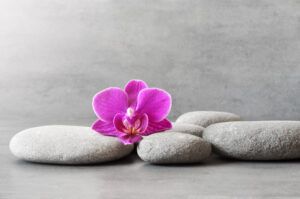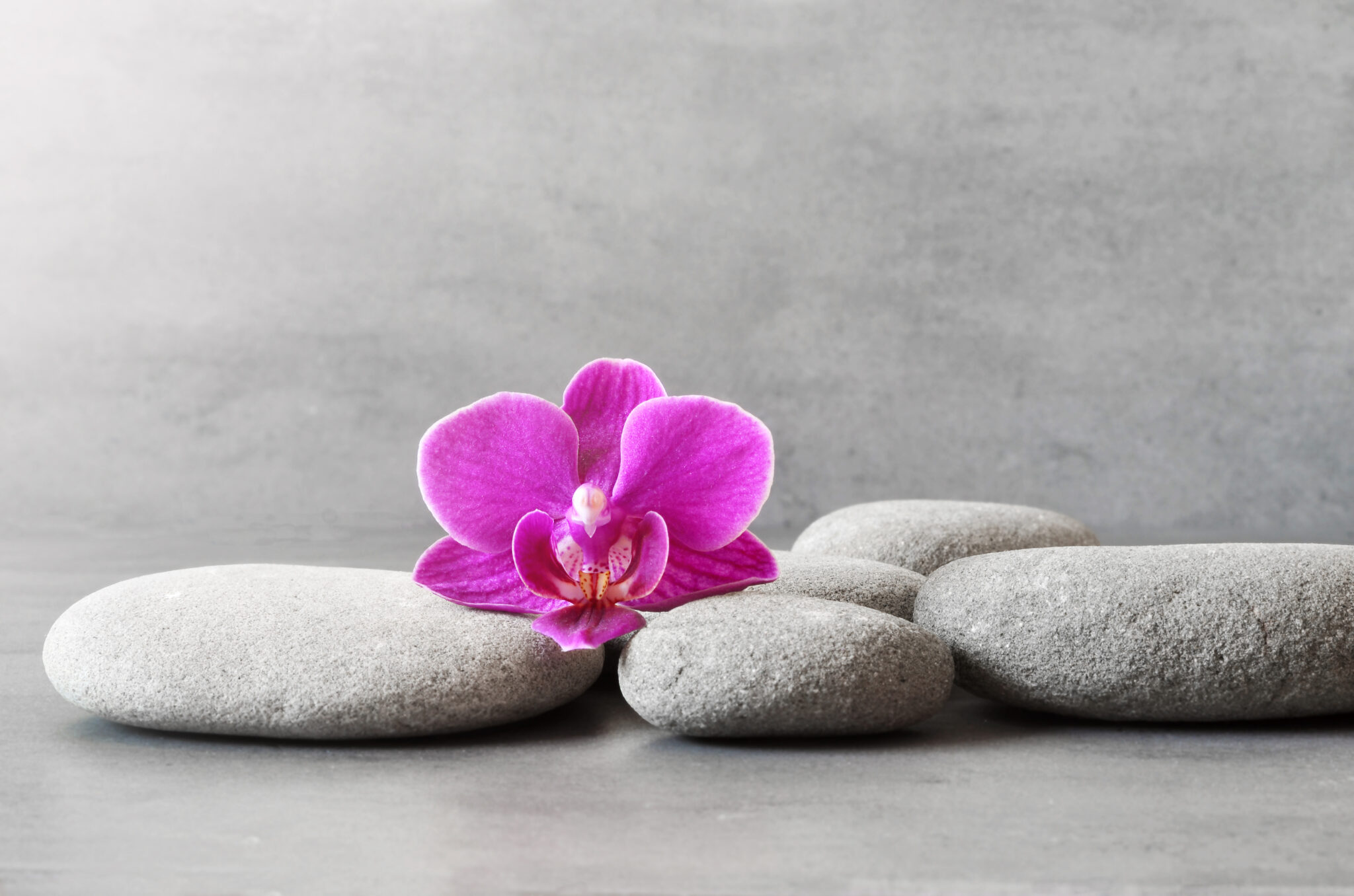Self-Care: More than Massages and Facials
Writer / Amanda Spalding, MSN, RN
Photography Provided

You’ve worked a full day, cared for children, elderly parents or both. All you want to do is grab something quick to eat, go home, pour a glass of wine and binge watch the latest buzz-worthy series on Netflix, then catch up on Facebook. You drag yourself to bed later than you wanted, only to wake up and start the cycle all over again. You’re feeling tired, anxious, depressed, or burned out. What can you do?
Self-care to the rescue. Self-care is the ability to care for the mental, physical, spiritual and social aspects of your life. It is not selfish or ‘pampering.’ It is essential to functioning in a world that can be increasingly overwhelming. In fact, the World Health Organization (WHO) defines self-care as “the ability of individuals, families, and communities to promote health, prevent disease, maintain health, and to cope with illness and disability with or without the support of a healthcare provider.” [1]
Much like a car requires maintenance, our ‘self’ requires a plan to restore, renew and recover. Self-care is a way to help clarify and prioritize your personal health and mental wellbeing. It involves identifying various areas of your health that are concerning and creating a plan to actively address those concerns.
While there are numerous areas to address when it comes to self-care, the following seven are the most common; emotional, physical, mental, social, spiritual, practical and professional.[2] Take a look at how you feel about these areas, or how satisfied you are with them. Perhaps your physical health is not ideal, or you feel dull and mentally bored. Journaling about each area for a few days can also help. Take the time to check-in with yourself and listen to what you need.
Next, come up with a plan to address these areas. Keep it simple. You don’t want to be overwhelmed by your self-care plan! One of the first self-care skills to master is the most difficult: carving out time to work your plan. There is nothing bad about scheduling ‘me time,’ in fact, you can’t effectively care for anyone or anything else if you are not taking care of yourself.[3]
Schedule your self-care time in your calendar. Make it an essential appointment and keep it. Time is both a finite resource and a commodity. You make the decisions on where and how you spend your time. A day spa or med spa visit such as this medspa in San Diego, CA and getting treatments like a Bay Harbor Islands hydrafacial or skin resurfacing treatments is the perfect way to relax and unwind from daily stresses. Practice scheduling small self-care tasks daily and honor those commitments. While we can’t make time, we can choose how to spend it.
Use your smart devices to help with self-care. Calm is an app that can help you learn how to meditate, relax and help you fall asleep. Endel is another great app for self-care. It allows you to select a mode based on your activities, and Endel will play music with a beat and mood that helps with focus, energy, or sleep. You can also set reminders on a smart device that can help you work a self-care schedule.
Incorporate exercise into your daily routine. It doesn’t have to be hard core, high intensity interval training (although HIIT is a great way to get your mind off your stressors and focused on yourself). Walking, swimming, or yoga are excellent forms of exercise that can be gentle on your joints and body. Regardless of which exercise you choose, make the effort to appreciate it. Notice how you feel before you start: are you tense, frustrated, anxious? Then, allow yourself to get lost in the sensation of movement. Focus on your breathing, the sounds, and smells and how your muscles feel while engaged in activity. Then, when you are finished, notice if your mood or physical sensations have changed.
 Perhaps one of the most neglected areas of self-care is adequate sleep. The Mayo Clinic recommends sticking to a set sleep schedule and turning off light-emitting screens before going to bed.[4] Avoid checking e-mails one last time and turn off the cell phone. If you have a job that requires you to sleep during the day, black-out drapes can help. Without adequate sleep, people run the risk of health issues such as obesity, high blood pressure and irritability. Harvard University has identified microsleep as a period where your brain does not respond, and you don’t react. Microsleep, which lasts mere seconds, also contributes to both fatal and non-fatal motor vehicle accidents. [5]
Perhaps one of the most neglected areas of self-care is adequate sleep. The Mayo Clinic recommends sticking to a set sleep schedule and turning off light-emitting screens before going to bed.[4] Avoid checking e-mails one last time and turn off the cell phone. If you have a job that requires you to sleep during the day, black-out drapes can help. Without adequate sleep, people run the risk of health issues such as obesity, high blood pressure and irritability. Harvard University has identified microsleep as a period where your brain does not respond, and you don’t react. Microsleep, which lasts mere seconds, also contributes to both fatal and non-fatal motor vehicle accidents. [5]
You may discover you need more assistance learning how to provide yourself care. Don’t be afraid to reach out to a trusted health care provider, a life coach, a personal trainer or an accountability friend. While engaging a professional in the self-care field may be costly, a few sessions with a professional can help get your practice off the ground. Did you know you can become a certified life coach too? Visit mastermylife to learn how.
Self-care can be hard work. It can involve working on some difficult areas of your life such as unhealthy coping mechanisms. You may need to take a hard look at habits and relationships that don’t serve you anymore. It may involve exercise, avoiding your favorite comfort foods, turning off social media or getting up early to find an hour of quiet to journal, read or exercise. Don’t hesitate to reach out for assistance. It doesn’t mean you are weak; it means you love yourself enough to give yourself this gift.
Self-care can involve a wide range of healthy activities. Establishing healthy routines and coping mechanisms is challenging, especially when your new habits and actions are new. Don’t give up. And, if you decide that massages and facials are part of your self-care routine, more power to you! Self-care is what you make it.
[1] World Health Organization. What Do We Mean by Self-Care?
[2] Health Coach Institute. Seven Types of Self-Care and Why You Need Them.
[3] Psychology Today. Self-Care: 12 Ways to Take Care of Yourself.
[4] The Mayo Clinic. Sleep Tips: 6 Ways to Better Sleep
[5] Harvard University Medical School. The Health Hazards of Insufficient sleep





